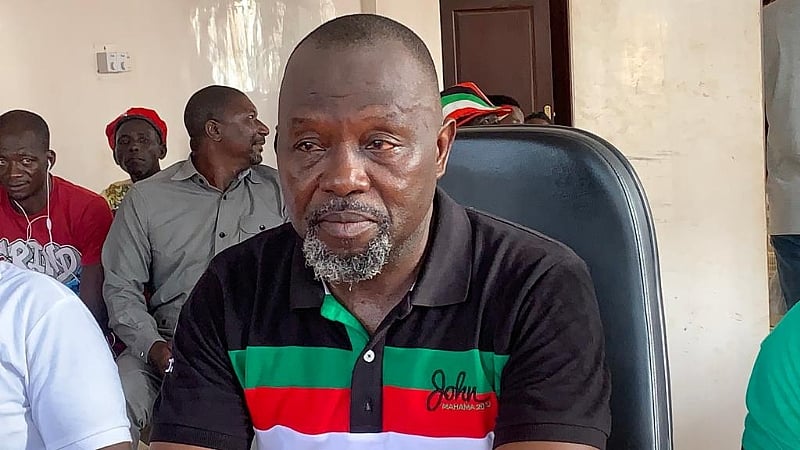The recent appointment of Dominic Ayine as Attorney General and Minister of Justice in Ghana has brought renewed focus on several high-profile legal cases, particularly those involving former appointees of the National Democratic Congress (NDC). Ayine has inherited a complex legal landscape, marked by accusations of financial loss to the state and politically charged prosecutions. His approach, as articulated in recent statements, emphasizes a commitment to due process and a meticulous review of each case, irrespective of the political affiliations of the individuals involved. This stance seeks to balance the pursuit of justice with the need to avoid politically motivated prosecutions, a delicate balancing act in a nation with a history of politically charged legal battles.
Ayine’s commitment to a thorough review is evident in his pronouncements regarding the cases involving former NDC appointees. He has stated unequivocally that he will personally examine the dockets of these cases before making any decisions regarding their continuation. This commitment to a personal review underscores the importance he places on ensuring that any decision to prosecute is based on the strength of the evidence and not on political expediency. This meticulous approach will likely involve scrutinizing the evidence presented, assessing the legality of the charges, and determining the overall merits of each case. This process is crucial for upholding the rule of law and maintaining public trust in the justice system.
The case of social activist Oliver Barker-Vormawor provides a specific example of Ayine’s approach. Barker-Vormawor has alleged that the charges against him are politically motivated and fabricated. Ayine has responded to these claims by assuring the public that he will carefully review the docket and consider dropping the charges if he finds them to be unjustified. This willingness to consider dismissing charges, even in a high-profile case, demonstrates Ayine’s commitment to fairness and his willingness to prioritize justice over political considerations. However, Ayine has also stressed that he will not make a hasty decision before thoroughly evaluating the evidence, emphasizing the importance of a comprehensive review before reaching any conclusions.
This cautious approach, balancing the need for swift justice with the imperative of thorough investigation, is a recurring theme in Ayine’s public statements. He has repeatedly emphasized that he will not be swayed by public pressure or political considerations. Instead, he will base his decisions on the evidence presented and the merits of each individual case. This commitment to due process is essential for ensuring the fairness and integrity of the legal system. It also signals a potential shift away from politically motivated prosecutions, a practice that has often undermined public trust in the judiciary.
Beyond the cases of former appointees, Ayine has also addressed the government’s commitment to reopening investigations into the murder and disappearance of investigative journalist Ahmed Suale. This case, which remains unsolved, has become a symbol of the dangers faced by journalists in Ghana and the need for accountability. Ayine’s reaffirmation of the government’s commitment to this investigation, a promise made during the NDC’s election campaign, underscores the importance placed on protecting journalists and ensuring that those responsible for attacks against them are brought to justice.
The actions and statements of Attorney General Dominic Ayine signify a potential turning point in Ghana’s legal landscape. His emphasis on due process, thorough investigation, and a willingness to dismiss politically motivated charges suggests a move towards a more just and equitable legal system. His commitment to revisiting the Ahmed Suale case further reinforces this message, signaling a commitment to protecting freedom of the press and holding those who attack journalists accountable. However, the true test of Ayine’s commitment to these principles will lie in the actions he takes in the coming months and years. The public will be closely watching to see whether his words translate into concrete actions that strengthen the rule of law and ensure that justice is served in all cases, regardless of political affiliations.


